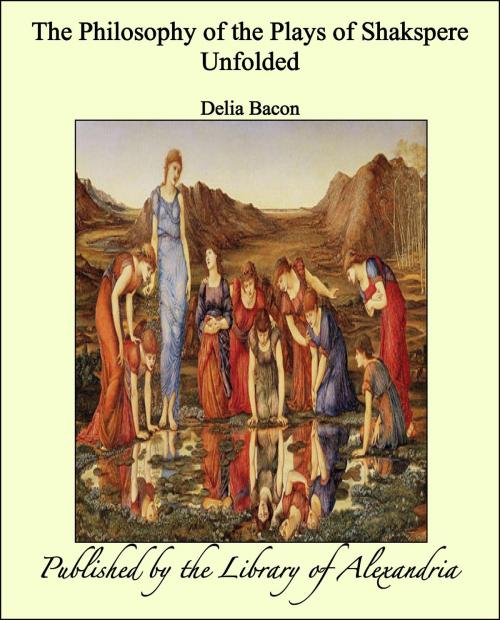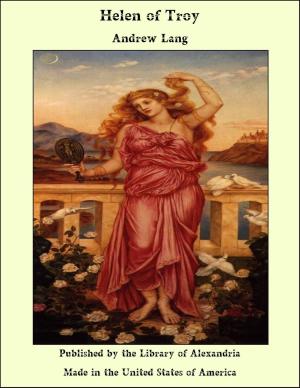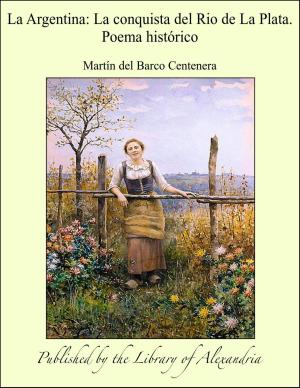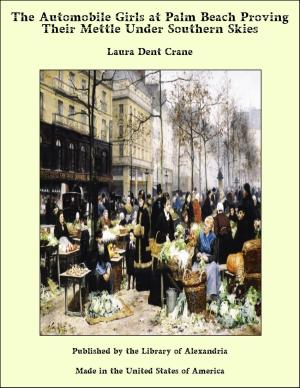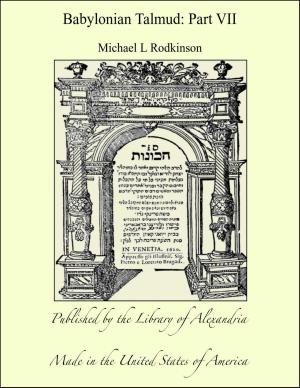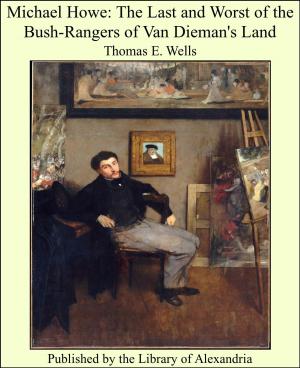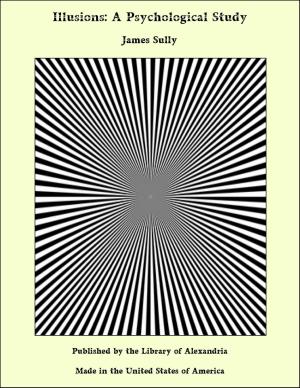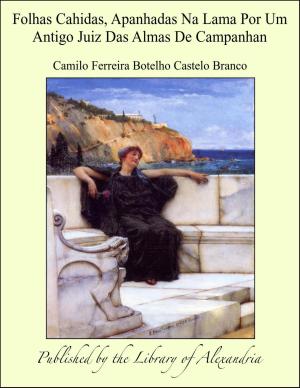The Philosophy of the Plays of Shakspere Unfolded
Nonfiction, Religion & Spirituality, New Age, History, Fiction & Literature| Author: | Delia Bacon | ISBN: | 9781465559180 |
| Publisher: | Library of Alexandria | Publication: | July 29, 2009 |
| Imprint: | Library of Alexandria | Language: | English |
| Author: | Delia Bacon |
| ISBN: | 9781465559180 |
| Publisher: | Library of Alexandria |
| Publication: | July 29, 2009 |
| Imprint: | Library of Alexandria |
| Language: | English |
This Volume contains the argument, drawn from the Plays usually attributed to Shakspere, in support of a theory which the author of it has demonstrated by historical evidences in another work. Having never read this historical demonstration (which remains still in manuscript, with the exception of a preliminary chapter, published long ago in an American periodical), I deem it necessary to cite the author's own account of it:—'The Historical Part of this work (which was originally the principal part, and designed to furnish the historical key to the great Elizabethan writings), though now for a long time completed and ready for the press, and though repeated reference is made to it in this volume, is, for the most part, omitted here. It contains a true and before unwritten history, and it will yet, perhaps, be published as it stands; but the vivid and accumulating historic detail, with which more recent research tends to enrich the earlier statement, and disclosures which no invention could anticipate, are waiting now to be subjoined to it. 'The INTERNAL EVIDENCE of the assumptions made at the outset is that which is chiefly relied on in the work now first presented on this subject to the public. The demonstration will be found complete on that ground; and on that ground alone the author is willing, and deliberately prefers, for the present, to rest it. 'External evidence, of course, will not be wanting; there will be enough and to spare, if the demonstration here be correct. But the author of the discovery was not willing to rob the world of this great question; but wished rather to share with it the benefit which the true solution of the Problem offers—the solution prescribed by those who propounded it to the future. It seemed better to save to the world the power and beauty of this demonstration, its intellectual stimulus, its demand on the judgment. It seemed better, that the world should acquire it also in the form of criticism, instead of being stupified and overpowered with the mere force of an irresistible, external, historical proof. Persons incapable of appreciating any other kind of proof,—those who are capable of nothing that does not 'directly fall under and strike the senses' as Lord Bacon expresses it,—will have their time also; but it was proposed to present the subject first to minds of another order.' In the present volume, accordingly, the author applies herself to the demonstration and development of a system of philosophy, which has presented itself to her as underlying the superficial and ostensible text of Shakspere's plays. Traces of the same philosophy, too, she conceives herself to have found in the acknowledged works of Lord Bacon, and in those of other writers contemporary with him. All agree in one system; all these traces indicate a common understanding and unity of purpose in men among whom no brotherhood has hitherto been suspected, except as representatives of a grand and brilliant age, when the human intellect made a marked step in advance
This Volume contains the argument, drawn from the Plays usually attributed to Shakspere, in support of a theory which the author of it has demonstrated by historical evidences in another work. Having never read this historical demonstration (which remains still in manuscript, with the exception of a preliminary chapter, published long ago in an American periodical), I deem it necessary to cite the author's own account of it:—'The Historical Part of this work (which was originally the principal part, and designed to furnish the historical key to the great Elizabethan writings), though now for a long time completed and ready for the press, and though repeated reference is made to it in this volume, is, for the most part, omitted here. It contains a true and before unwritten history, and it will yet, perhaps, be published as it stands; but the vivid and accumulating historic detail, with which more recent research tends to enrich the earlier statement, and disclosures which no invention could anticipate, are waiting now to be subjoined to it. 'The INTERNAL EVIDENCE of the assumptions made at the outset is that which is chiefly relied on in the work now first presented on this subject to the public. The demonstration will be found complete on that ground; and on that ground alone the author is willing, and deliberately prefers, for the present, to rest it. 'External evidence, of course, will not be wanting; there will be enough and to spare, if the demonstration here be correct. But the author of the discovery was not willing to rob the world of this great question; but wished rather to share with it the benefit which the true solution of the Problem offers—the solution prescribed by those who propounded it to the future. It seemed better to save to the world the power and beauty of this demonstration, its intellectual stimulus, its demand on the judgment. It seemed better, that the world should acquire it also in the form of criticism, instead of being stupified and overpowered with the mere force of an irresistible, external, historical proof. Persons incapable of appreciating any other kind of proof,—those who are capable of nothing that does not 'directly fall under and strike the senses' as Lord Bacon expresses it,—will have their time also; but it was proposed to present the subject first to minds of another order.' In the present volume, accordingly, the author applies herself to the demonstration and development of a system of philosophy, which has presented itself to her as underlying the superficial and ostensible text of Shakspere's plays. Traces of the same philosophy, too, she conceives herself to have found in the acknowledged works of Lord Bacon, and in those of other writers contemporary with him. All agree in one system; all these traces indicate a common understanding and unity of purpose in men among whom no brotherhood has hitherto been suspected, except as representatives of a grand and brilliant age, when the human intellect made a marked step in advance
